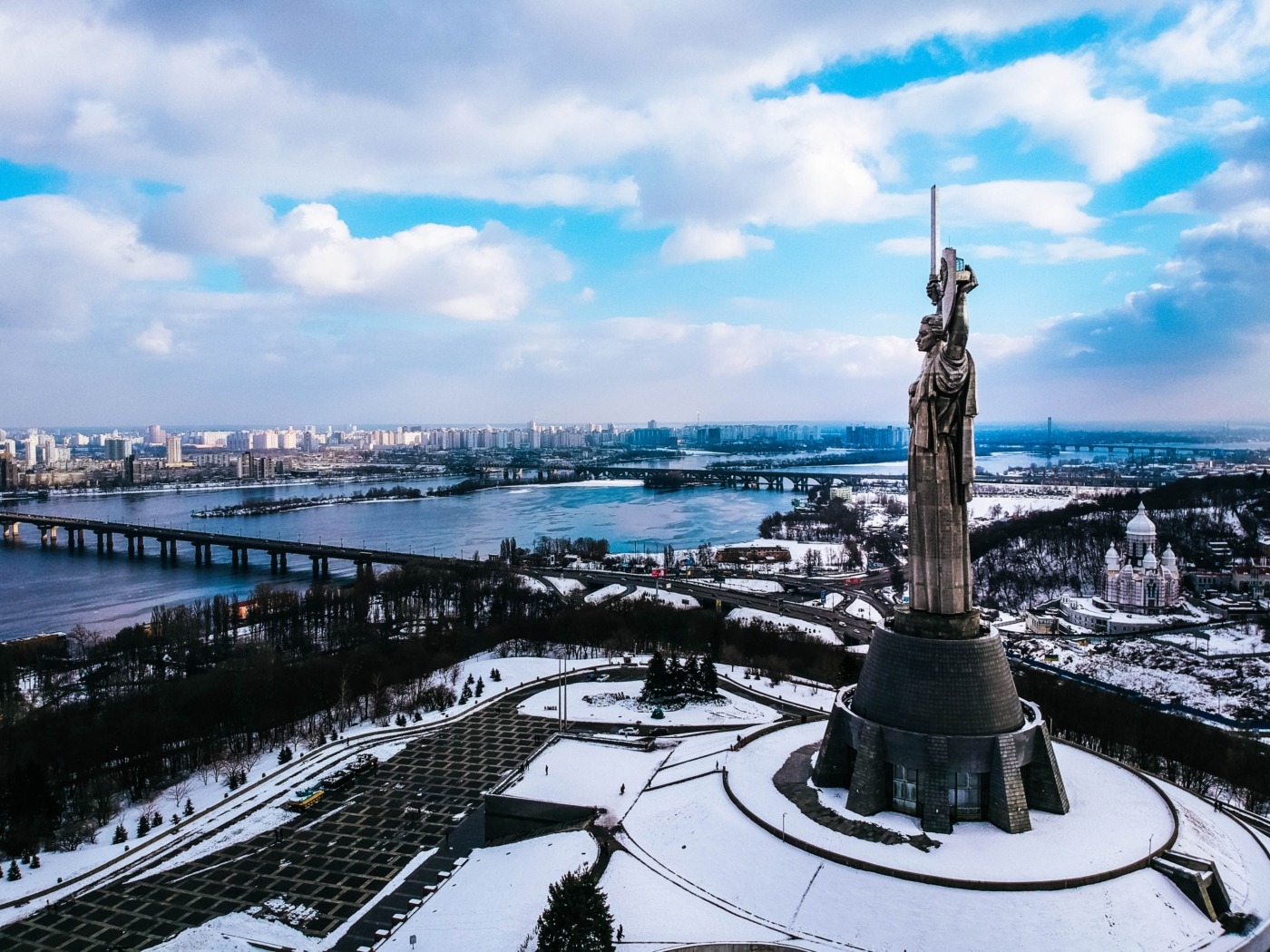A funny turn of events in Ukraine
In the latest blow for the status quo, 41-year-old actor and comedian won a landslide victory in the Ukrainian presidential election, defeating incumbent Petro Poroshenko with 73.2% of the vote (to 24.5%). How did Ukraine come to elect a total political novice, and what does it mean for the country’s future?
Zelensky began a hit TV show, Servant of the People, in 2016. He played a schoolteacher who became a national sensation after a video of a rant against political corruption went viral, leading to him becoming a presidential candidate and eventually winning. He was elected on the promise that he won’t be corrupted, as there is despair that the establishment is full of crooks, but tangles with the nation’s parliament (who, in one dream sequence, he guns down). In the second season, he resigned after rejecting an aid package, but still won an improbable re-election.
How much does this echo the contemporary Ukrainian situation? During the campaign, Zelensky promised to clean up politics and end the stranglehold of the oligarchy over Ukraine, and he benefitted from voter dissatisfaction with Poroshenko. Elected five years ago, Poroshenko promised Ukrainians that they would “live in a new way” – the voters hoped that he could make real the desires of those who poured into the streets for the 2014 Maidan revolution, forcing the country’s corrupt president Viktor Yanukovych to flee.
Previously, in the Ukrainian system, political parties were often little more than vehicles for businessman to advance their own interests. Maiden and Poroshenko’s victory came with the demand for a new system of politics, but the president failed to deliver. “Poroshenko’s freedom has been limited by his alliances and his political debts,” according to a western diplomat in Kiev, implying that it was impossible for him to reform because he was essentially still part of the old system.
Despite a number of important reforms, the pace of change has been slow in politics. There is a domestic policy gridlock, and the economy is struggling. Workers are heading into Poland for better employment opportunities, with wage remittance of £11 billion which amounts to 11% of Ukraine’s GDP. Ukrainians do many low-paid, low-skilled jobs that the Polish locals do not want – former mayor Irina Vereshchuk said that “Poland has taken our best mind, our best labourers”.
So, how will Zelensky respond to the situation? Most commentators are not too sure – his campaign was run on viral videos, stand-up comedy gigs and his TV character, rather than specific policy promises (his slogan was “No promises. No apologies” and his party was named after his TV show). A member of his campaign team said that “we need to cut the lines between the presidential administration and the courts and prosecutors” – although Poroshenko made similar remarks in 2014 and had little success.
A major question mark hangs over the country’s relationship with Russia. Over the past five years Russia has aided a financed a separatist movement in the east of the country, leading to a war that has left more than 13,000 dead, and the Russians annexed the Crimea peninsula in 2014. Poroshenko warned that “you may just look at the celebrations in the Kremlin on the occasion of the elections. They believe that with a new inexperienced Ukrainian president, Ukraine could quickly return to Russia’s orbit of influence.” However, a legitimate democratic landslide and the promises to move away from the politics that have defined and held back post-Soviet states is not likely something that Putin wants his people to see.
When Zelensky formally takes power in June, it will be hard to know what to expect – he is an unknown quantity and has offered little clarification as to his governance. Will he bring more smiles to the faces of Ukrainians, or will President Putin and the oligarchs that have ruled Ukraine have the last laugh?

Comments